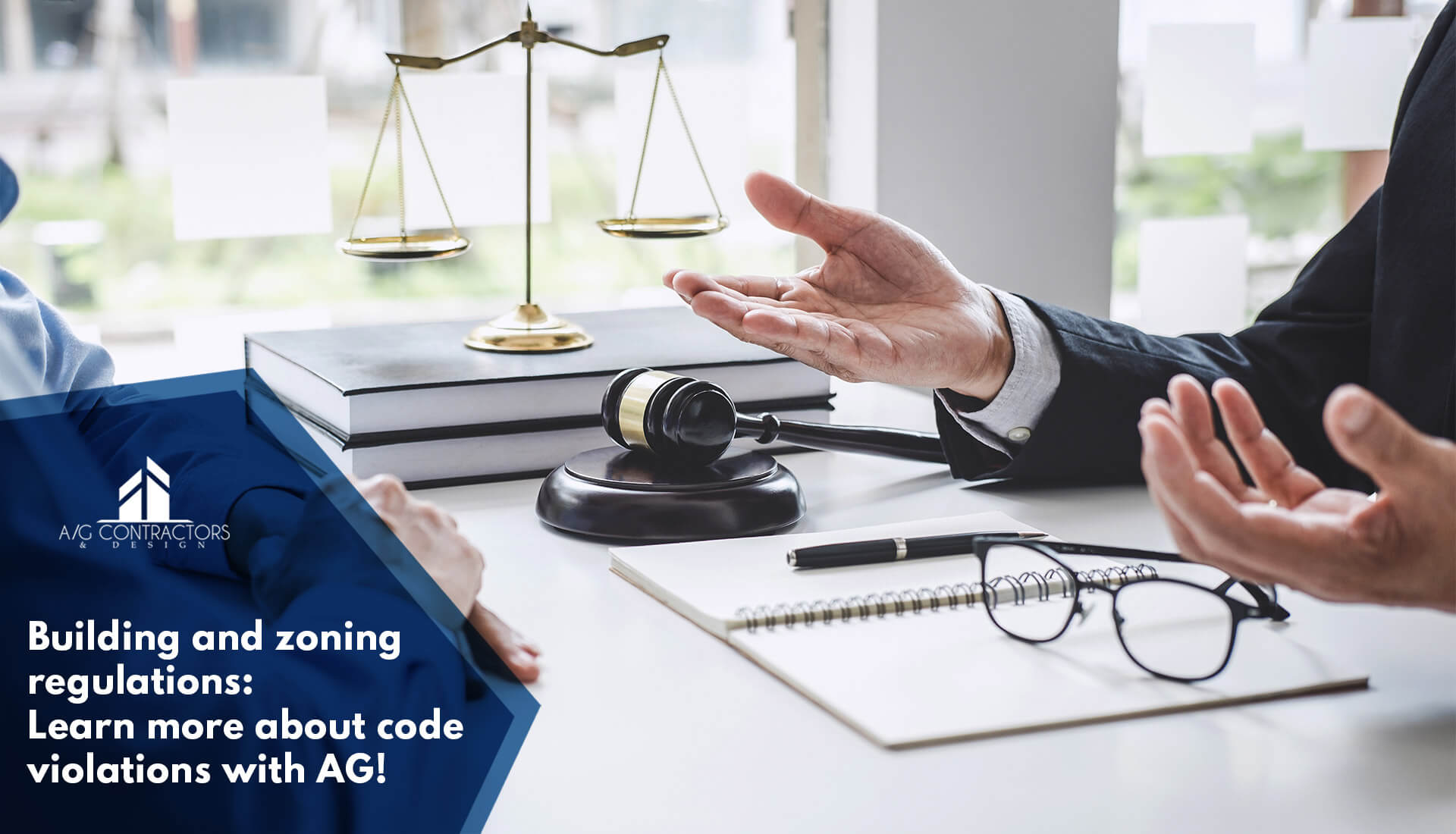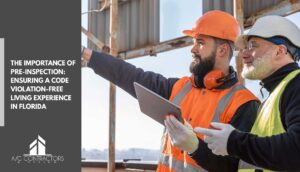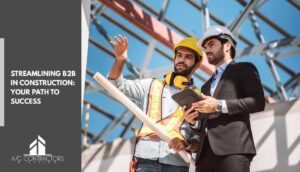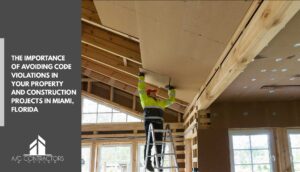Building codes and zone regulations: Learn more with AG!
We know that one of the most controversial topics in the construction industry is residential building code violations, legal issues, zone regulations, and more of these topics that can definitely end up in headaches when not taken into account properly or at the right time. After reading this article, we hope you’ve learned more about what code violations are and how they can affect your home construction project from start to finish. We provide a list of best practices that help avoid these problems or reduce their impact so that each homeowner has the opportunity to enjoy their new house without worrying about any pesky regulations getting between them.
We want our readership—whether it’s an individual looking into renovating old space into something more modern; someone starting from scratch with designing from zero every detail including furniture layout, etc.; somebody who needs guidance managing multiple contractors during the construction process, and more- to enjoy this article as much as we enjoyed writing it to inform all of our clients and fellow contractors. Let’s get informed together!
CODE VIOLATIONS
What are code violations?
Code violations are any actions that contravene the code for laws of a country, state/province, and can result in fines. The term “Code” refers to regulations pertaining specifically to building construction such as plumbing fixtures, illegal construction processes, and more; it includes both City Code (local) & County Health Department Codes -which may extend further than just where they’re enforced locally too! Learn more about code violations and what qualifies as illegal construction here.
When it comes to building codes, any code violation can be costly. This is especially true for the time and money that has been spent on plans before they’re approved which will have their results delayed, if not completely canceled out by an end result of “undoing” all this hard work with further adjustments necessary at later stages in construction processes–sometimes even after people have already begun living or working there! Because of this, it is important that you hire a professional team of licensed contractors that can take care of the home inspection so you can avoid different types of code violations.
3 Common Building Code Violations
Missing GFCI (ground-fault circuit interrupter) installation
When you are installing new outlets, window coverings, or any other type of home improvement it is important that they meet current safety standards. One such standard is the ground-fault circuit interrupter (GFCI) protection which can cut power if there’s an electrical shock risk present due to improper wiring methods being used by contractors without proper training on how these devices work. This will protect against possible injury during the installation process as well as prevent damage done right after inhabitants start using their property again! Make sure the team you hired is a team of licensed construction contractors so they have all these aspects present.
Misplaced Smoke Alarms
In new homes, there must be a smoke alarm on each level and outside of every bedroom. The alarms should have interconnected batteries so they go off if one activates; this is important for safety reasons because you’ll never know when your sleep will begin or end with these types of devices! Ceiling-mounted units need at least 4 inches from walls while wall-mounted ones deserve 12″ minimum distance – just make sure it’s close enough that any flames won’t reach them before setting up shop near wherever family members spend most of their time (like in front of the TV).
Handrails with no Return
To prevent falls, handrails are required. The return of the rail allows for items like purse straps and sleeves that can get caught on an end when not in use to turn back into place without getting stuck outstretched arms which would cause injury if one were pulled down by gravity alone! Handrail placement must occur at 34-38 inches off ground level (85cm) with 1 -1/4″ thick material used throughout; though these regulations do vary slightly depending upon country law. Now, speaking about country laws and zone regulations…
Zone Regulations
Zoning regulations are public regulations that define and restrict how to use property coming under the development plan. This is done in order to control what type or style something will have as well as where it can be located on the landscape. For example, if you want an office building near schools, then this would not necessarily fit within your zoning rules so there needs approval from the city council before construction begins. If you want to know more about zoning consulting, click here.
Zoned areas typically come with different sets of guidelines depending upon their purpose. This may include residential living spaces intended primarily for personal enjoyment, versus industrial properties used mostly for outdoorsy activities like manufacturing goods, while commercial lots generally cater more towards stores selling items besides just housing units.
If you’re interested in starting a construction process by yourself, please keep all of this information in mind and try to avoid legal issues regarding any type of code violations. If you don’t consider yourself an expert in this topic, you should definitely contact a team of experienced and professional contractors. They will take care of the entire process, from the home inspection process to the solution. We want you to avoid any stress, headaches, and even worse, expensive fines and legal troubles, so we work by your hand and help your property be code violations FREE!
If you’re interested in working with us, don’t hesitate to contact us. We’re excited to begin the process with you!
